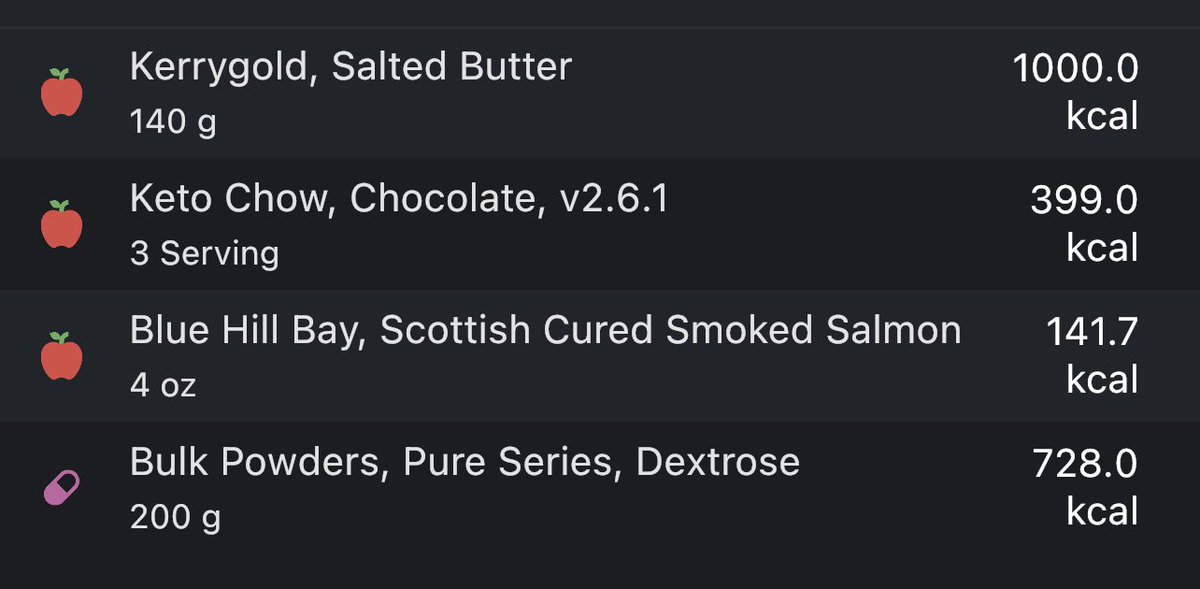
1/ Interesting thread via @NutritionMadeS3. I invite everyone to read through his before reading the remaining of mine here below…
https://twitter.com/NutritionMadeS3/status/1544789397136089089
2/ naturally, you’re discussing a topic that’s very near and dear to my research, @NutritionMadeS3. I’m certainly very interested in metabolic health as it relates to lipid profiles — particularly the “triad” of high LDLc, high HDLc, and low TG. (See mdpi.com/2218-1989/12/5…)
3/ But we should agree to recognizing a common problem. Rather than take several tweets in this thread to explain it, let me open with our conversation from last month where I posed this question for you regarding #LMHRs and #ASCVD at several points:
https://twitter.com/realdavefeldman/status/1538862163615285248
4/ Naturally, at a population level, #LMHRs shouldn’t be exempt from a high risk for cardiovascular disease despite having high HDLc and low TG where their LDLc and ApoB are at the very highest % of the population. This question gets to the heart of the thread of yours above👆
5/ i’ve actually been asking it of everyone for the many years it’s taken for us to get the LMHR study together. For many who favor lowering LDLc/ApoB, their answer is similar to your initial one here:
https://twitter.com/NutritionMadeS3/status/1536477076353695745
6/ But to be sure, I think we would agree that this doesn’t provide much specificity as to their overall differences in risk for developing ASCVD. Obviously there’s an extremely wide range of magnitude possible when stated in an open manner. But why?
7/ I suspect both of us would agree that very high LDL alongside *low* HDL and *high* TG would associate with a considerably high risk for cardiovascular disease.
Thus, would the high HDL and low TG criteria of the LMHR phenotype be the strongest modulator of risk? (not LDLc?)
Thus, would the high HDL and low TG criteria of the LMHR phenotype be the strongest modulator of risk? (not LDLc?)
8/ and to reemphasize, I don’t know the answer to that question yet. Yes, i’m hopeful for good news from our LMHR study, but we don’t know what we don’t know.
I just know if you’re opening the topic of lipid profiles instead of lipids in isolation, I’m always interested…:)
I just know if you’re opening the topic of lipid profiles instead of lipids in isolation, I’m always interested…:)
9/ But this key question of LMHRs and their risk at a population level should be an easy one to answer for every one of us who already has a strong opinion for this context.
(As always, I appreciate your work, @NutritionMadeS3 and I’m hoping you’ll come to be curious on mine)
(As always, I appreciate your work, @NutritionMadeS3 and I’m hoping you’ll come to be curious on mine)
https://twitter.com/realDaveFeldman/status/1538921855486001152
• • •
Missing some Tweet in this thread? You can try to
force a refresh






